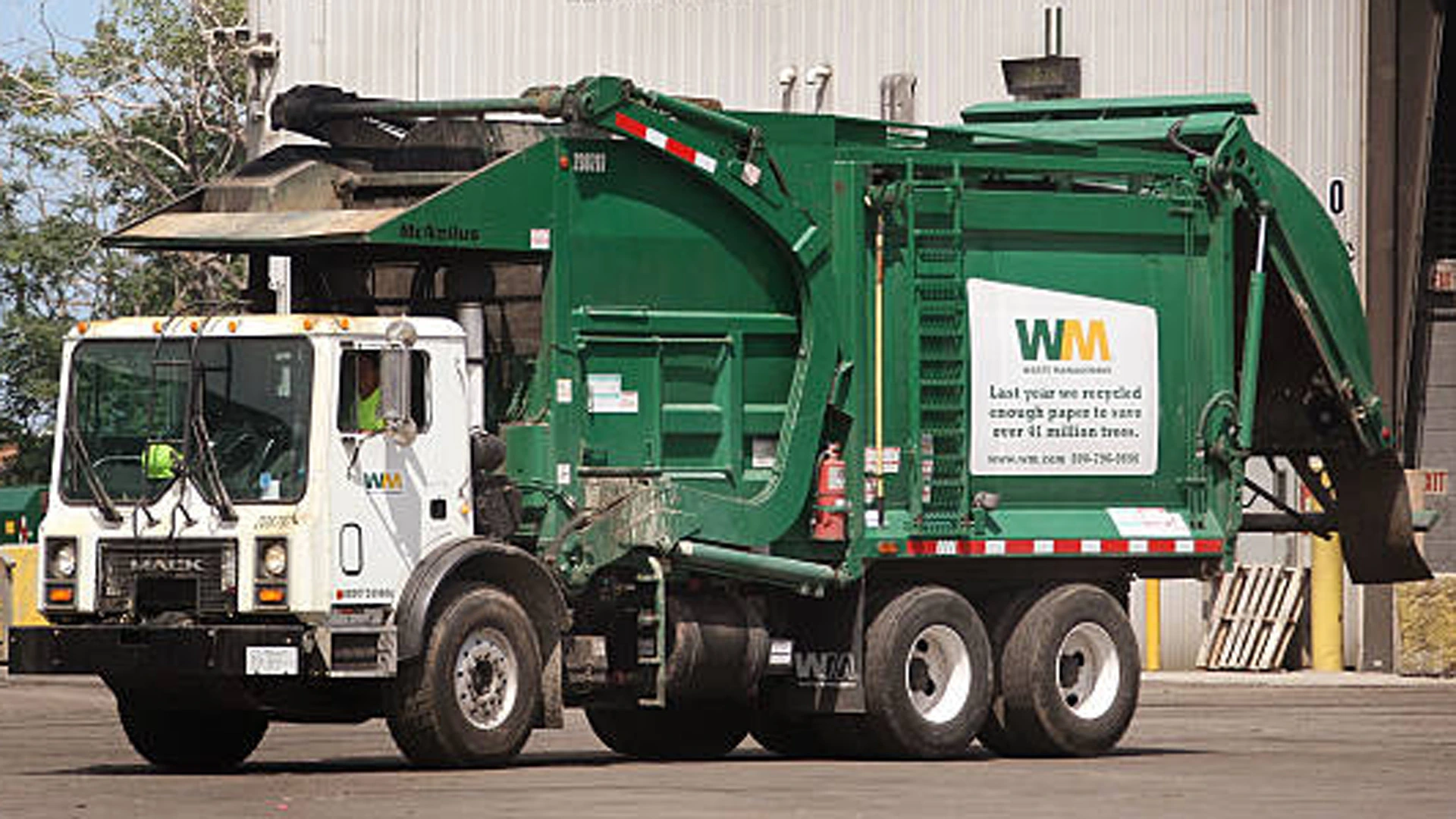This article is your guide to understanding zero waste. Zero waste is a type of lifestyle where you reduce your consumption and your output of waste in the world. I’ve tried to live a sustainable lifestyle and have adopted a few of these tendencies to live a greener life. Sometimes living sustainably is doing the best that you can, and my goal with this guide is to pique your interest, not change your lifestyle.
If you want to learn more about zero waste, keep reading.
Here at The Energy Professor, we want to give you the information you need to not only save money on your energy bill but to also become more energy efficient. We hope find this post helpful! And makes it easier for you to know more about dishwasher water usage. Be sure to also check out our one-of-a-kind energy savings calculator!
The Energy Professor Electricity Rate Check Tool
Zero Waste 101 – What is Zero Waste?

The zero waste definition is often misconstrued as producing no trash, but it’s more nuanced than that. Zero waste is a set of principles that focuses on waste prevention with a lifestyle that is resourceful instead of wasteful. The goal is for no trash to be sent to landfills, incinerators, or the ocean. Essentially, the zero waste lifestyle means aiming to use products that can be fully reclaimed or reused, thereby avoiding litter and reducing environmental impact.
The zero waste movement is a mindset for consumers, to be extra aware of the impact of consumerism on the environment. It could be something as big as going plastic-free, or something as small as trying out biodegradable packaging. Remember, you don’t have to do it all to make a difference. Just having a greener mindset on what you’re consuming is a great start.
Why is Zero Waste important?
The importance of zero waste extends beyond just keeping our surroundings clean. It’s about resource management and efficiency, reducing our carbon footprint, and protecting ecosystem health and human welfare. By embracing a waste-free lifestyle, we can minimize pollution, conserve resources, mitigate climate change, and preserve natural habitats. Remember, every small action towards a zero-waste household contributes to a massive change in the world’s ecological balance.
Related post: Why is Energy Conservation Important?
What are the 5 Rules of Zero Waste?

In a world increasingly burdened by waste, the ‘5 Rules of Zero Waste’ serve as a beacon, guiding individuals and communities towards more sustainable living. These rules, commonly summarized as ‘Refuse, Reduce, Reuse, Recycle, and Rot,’ form a systemic framework designed to minimize landfill waste and conserve natural resources. Together, these five principles forge a path towards a more sustainable, waste-free world, urging a shift from a linear economy to a more circular one, where waste is not an end product but a resource for new beginnings.
Zero Waste Principles:
- Refuse what you do not need. Refusing unnecessary items reduces the demand for overproduction, directly impacting waste at its source.
- Reduce what you do need. Minimalism is key here; less is more when it comes to possessions. Low-waste living starts with decluttering and being mindful of purchasing habits.
- Reuse by using what you have. Opt for reusable over disposable, invest in high-quality products, and find new uses for old items.
- Recycle what you cannot refuse, reduce, or reuse. Proper recycling is crucial in a zero-waste lifestyle, but it’s not a catch-all solution. It’s a way to ensure materials are properly disposed of and reprocessed.
- Rot (compost) the rest. Composting is nature’s process of recycling decomposed organic materials into rich soil, perfect for zero-waste gardening.
Related post: How Does Recycling Save Energy in Your Home
How To Get Started in Zero Waste

Going on a zero-waste journey doesn’t mean you have to overhaul your life overnight. It’s about making gradual, conscious choices that contribute to significant change.
Here are steps to ease into a zero-waste lifestyle:
Assess Your Current Waste
Before you make changes, understand your habits. Examine your trash and identify what you throw away most. Is it food waste, paper cups, or plastic bags? This assessment will guide your first steps toward reducing waste.
Begin with the Basics
Start by tackling the most common single-use items: bags, bottles, and containers. Invest in reusable shopping bags, a sturdy water bottle, and containers for food storage. These simple swaps will instantly reduce the waste you generate.
Be conscious of your shopping habits. Opt for items with minimal or recyclable packaging. Support local farmers’ markets or bulk stores where you can buy products without packaging. Remember, every purchase matters. You can even look into green landscaping if you’re generating a lot of yard waste each week too!
Composting
If you find that discarded food items take up a substantial portion of your garbage, composting might be the perfect solution for you. This natural process transforms your kitchen scraps, like vegetable peelings, fruit waste, and coffee grounds, into nutrient-dense soil, perfect for nourishing your plants. It’s an excellent method for gardening enthusiasts to not only reduce waste but also to enhance the health and vitality of their gardens. Composting contributes to a zero-waste lifestyle by diverting food waste from landfills where it would otherwise contribute to methane emissions, a potent greenhouse gas.
Additionally, it enriches the soil, helping retain moisture and suppress plant diseases and pests. By composting, you’re not just limiting waste; you’re taking an active role in creating a natural, closed-loop system that gives back to the earth, aligning perfectly with zero-waste principles.
DIY Beauty and Cleaning Products
Transitioning to homemade solutions is not just an eco-friendly alternative but also a health-conscious and cost-effective choice. By creating your products, you can select natural, gentler ingredients that are kind to your body and the earth, avoiding the harmful substances often found in commercial items.
Additionally, you can reuse containers, which reduces plastic waste and your overall environmental footprint. This hands-on approach also allows for customization according to individual needs and preferences, enhancing personal well-being while simultaneously championing sustainability.
I started making my own dry shampoo with only cornstarch and essential oils! A dry-shampoo bottle used to only last me a few uses.
Educate and Advocate
Staying informed about environmental challenges and zero-waste solutions is crucial, but the real power lies in sharing that knowledge. Dive into various resources, then spark discussions with friends, family, and community about the tangible impacts of individual actions and the practical steps everyone can take towards a zero-waste lifestyle. Consider initiating local clean-ups or educational workshops to spread awareness.
Remember, every conversation could inspire another ally in the movement, and as more people embrace these principles, we create a ripple effect that can lead to larger societal shifts. This collective approach not only reduces each person’s ecological footprint but also amplifies a unified call for a sustainable future, demonstrating the significant change we can ignite when we unite in action and purpose.
Related post: What are Green Buildings?
What are the Problems with Zero Waste?

While the benefits are clear, it’s fair to acknowledge the challenges in maintaining a zero-trash lifestyle. Inconvenience, accessibility to bulk stores, cost of sustainable products, and lack of community support can be potential obstacles. However, remember that zero-waste methods are about progress, not perfection. It’s about making more conscious choices and doing the best you can within your means.
Incorporating zero waste at home doesn’t require an overnight transformation. Start with small, manageable changes. Replace disposable items with reusable ones, support local and sustainable businesses, and educate yourself and those around you. Remember, the goal isn’t to intimidate but to inspire a collective movement towards a greener, cleaner, and sustainable future.
Is Zero Waste better than recycling?
Absolutely. While recycling is a key component of managing waste, zero waste takes it a step further by focusing on waste prevention rather than management. Zero waste aims to ensure that products are designed to be repaired, refurbished, or repurposed at the end of their life, promoting a circular economy.
Related post: What is Renewable Energy?
Do you Need Cheaper Electricity?
If you’ve taken the time to understand the information on your bill and discovered you’re paying more than you’d like for your electricity, have you looked around for a cheaper deal? The Energy Professor has a wealth of information on ways to save on your utilities, including details of top deals that could significantly reduce your monthly or quarterly electricity bills.
We hope you found this article helpful! If you are looking for ways to increase energy efficiency and sustainability in your home be sure to take a look at all of the latest renewable energy options in your area. The Energy Professor helps residential and small business owners find qualified energy suppliers in New York, New Jersey, Pennsylvania, Texas, Ohio, Maryland, Illinois, and Massachusetts.


